
Tech & Sci
12:44, 06-Oct-2017
Hybrid electric planes are coming!
CGTN
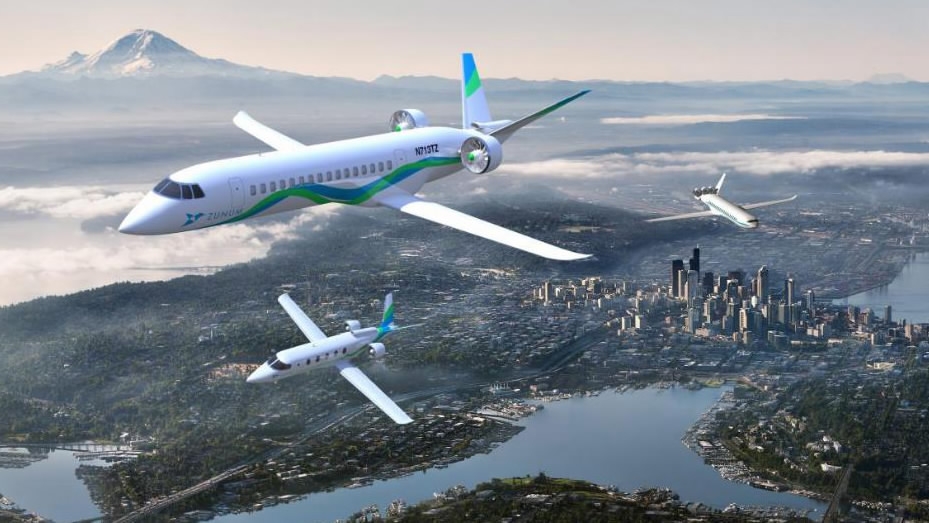
Zunum Aero, a Seattle-based startup backed by Boeing and JetBlue Airways, announced plans on Thursday to bring a small hybrid-electric commuter aircraft to market by 2022.
The small airliner is the first of several planes planned by the Seattle startup, which are designed to reduce the travel time and cost of trips under 1,600 km. It will seat up to 12 passengers and be powered by two electric motors.
The motor, which Zunum is designing, will drive a fan similar to the bypass fan on a jet engine, but without a jet’s combustion. According to Zunnum, it has started talks with plane makers about building the airframe, and it is building non-flying prototypes of the powertrain to test batteries, the electrical system, software and other components.
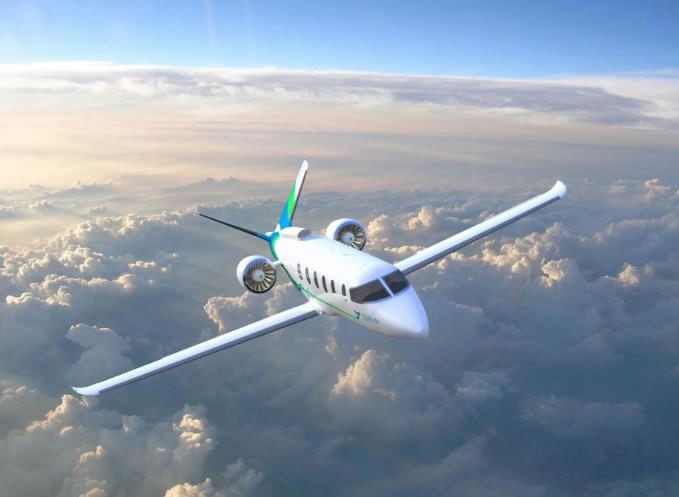
Concept picture of Zunum's new planes /Reuters Photo
Concept picture of Zunum's new planes /Reuters Photo
Electric-vehicle batteries, such as those made by Tesla and Panasonic, would power Zunum’s motors. A supplemental jet-fuel engine and electrical generator would be used to give the plane a range of 1,120 km and ensure it stays aloft after the batteries are exhausted.
The new plane would cruise at about 544 km an hour and at altitudes of about 7,600 meters, which is both slower and lower than conventional jets.
Filling a market gap
Based on rapidly evolving battery technology and artificial intelligence systems, Zunum is aiming to fill a market gap for regional travel by airlines, where private jets and commercial jetliners are too costly for many to use.
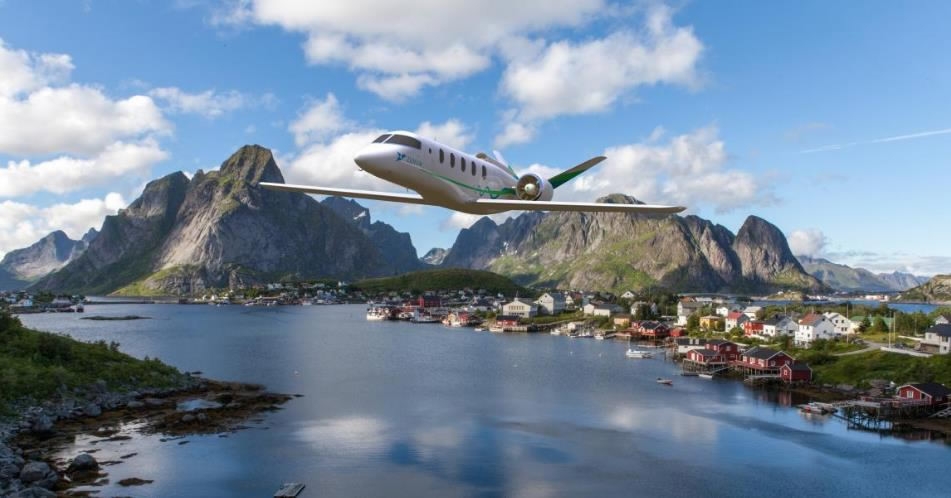
Concept picture of Zunum's new planes /Reuters Photo
Concept picture of Zunum's new planes /Reuters Photo
Planes would fly from thousands of small airports around big cities to cut regional travel times and costs.
"Airlines are very keen to know how to fly a shorter distance and make money on it," said Matt Knapp, co-founder and chief aeronautic engineer of the Kirkland, Washington-based company.
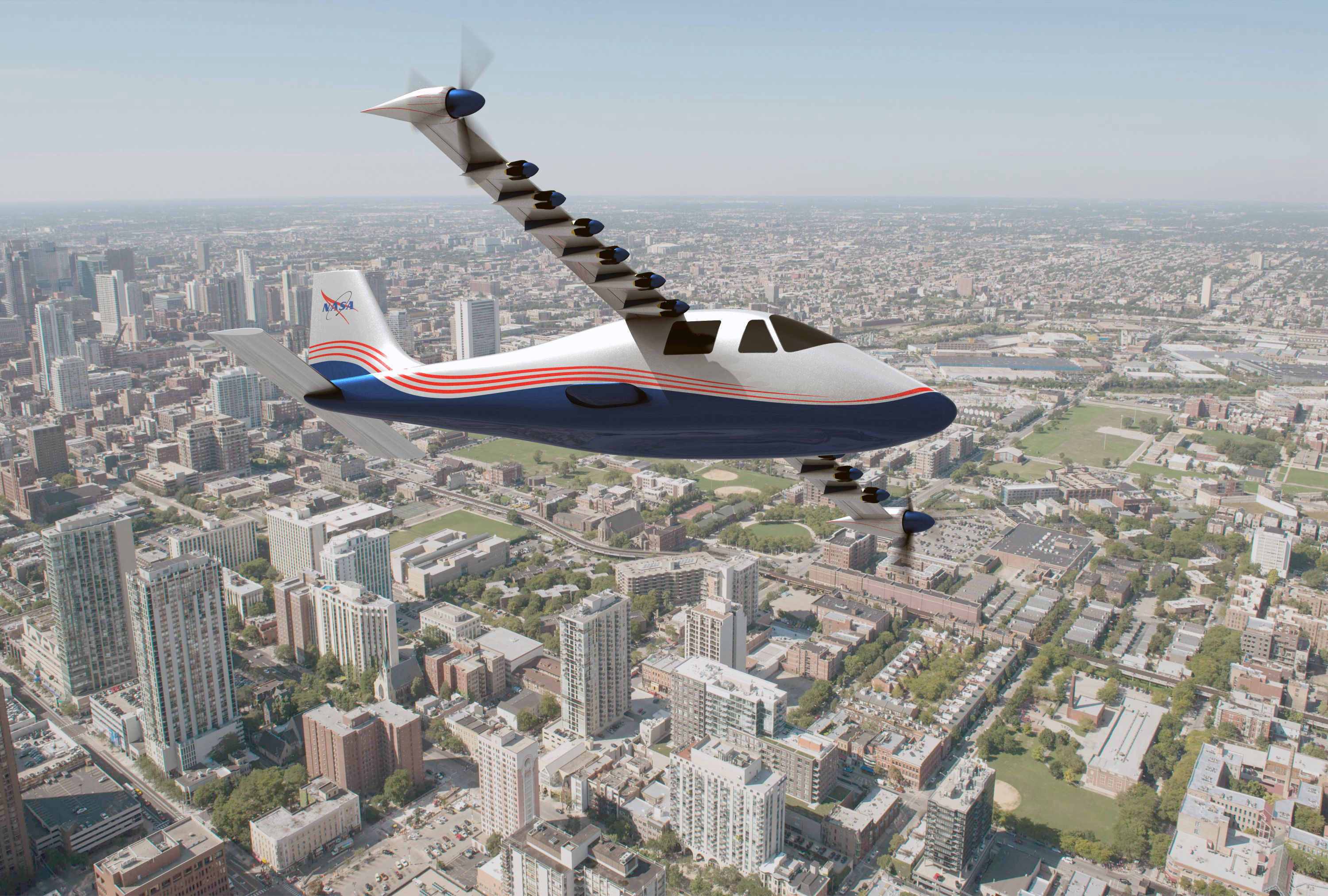
Advances in electric motors could see jet airplanes replaced by battery-powered craft. /NASA Photo
Advances in electric motors could see jet airplanes replaced by battery-powered craft. /NASA Photo
Besides, recent advances in battery technology, lightweight electric motors, and carbon composite airframes would cut the cost of flying the new kind of aircraft to about eight cents per seat-mile, about one-fifth that of a small jet or turboprop plane.
"We’re getting airline pricing down on a small plane and doing it for short distances," said Knapp. "That kind of aircraft doesn’t currently exist."
Larger planes
Zunum plans to make a larger plane seating up to 50 passengers by the end of the next decade, and the range of both would increase to about 1,600 km as battery technology improves.
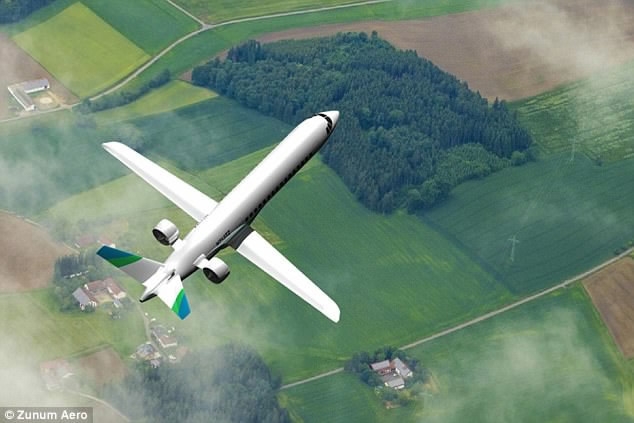
Zunum is working to build 10-50 seat hybrid-electric planes. /Zunum Aero Photo
Zunum is working to build 10-50 seat hybrid-electric planes. /Zunum Aero Photo
The planes eventually would fly solely on battery power and are being designed to fly with one pilot and to eventually be remotely piloted, said Knapp.
Source(s): AFP
,Reuters

SITEMAP
Copyright © 2018 CGTN. Beijing ICP prepared NO.16065310-3
Copyright © 2018 CGTN. Beijing ICP prepared NO.16065310-3